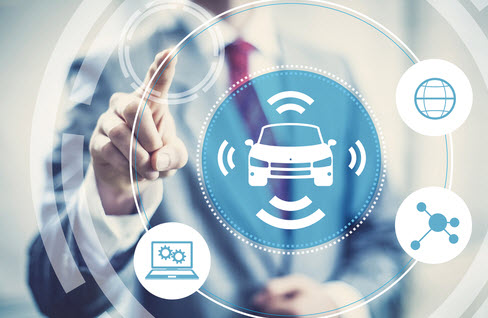According to a report released by the US National Transportation Safety Board (NTSB) on June 26th, after being involved in a fatal crash in Florida, whereby the car crashed into a wall in Fort Lauderdale, killing two teens and injuring a third, the car battery of a Tesla reignited twice after being fully extinguished.
Unfortunately, this isn’t the first time this has happened with a Tesla model: A similar incident occurred to a Model X battery following a fatal crash in March of this year. In that case, after the fire had been extinguished and the car was taken into storage, the battery reignited five days later and had to be extinguished again.
Problems with Autopilot & Batteries
Tensions between the NTSB and Tesla have run high of late: Recently, a Tesla Model X driver was killed in a California crash while using the company’s partially self-driving technology. According to reports, the vehicle failed to alert him to place his hands on the steering wheel in the six seconds before he was killed in an accident. In releasing its preliminary report, the NTSB noted that Tesla’s system did not detect the driver’s hands on the steering wheel for 26 out of 60 seconds leading up to the collision, leading some to wonder whether the autopilot system essentially failed. At this time, the NTSB has indicated that it will no longer communicate with Tesla about the accident investigation, while Tesla has threatened to file a complaint with Congress.
Tesla’s Autopilot system—and now its car batteries—are facing more and more intense scrutiny concerning safety performance. In the June 7th incident, the car’s battery system was breached and became engulfed in flames shortly after the driver was removed from the vehicle. It then reignited five days later while in a holding pen, and had to be extinguished.
Litigation
The family of the man who died when his Tesla Model X vehicle crashed in California has already started looking into legal options concerning the wrongful death of the driver. In this particular lawsuit, the Autopilot system is at the center of the controversy, with a preliminary review revealing that the car’s navigation system may have misread the lane lines on the roadway and failed to detect the median and brake the car, ultimately causing it to drive into the median.
Florida
If you have been in an accident involving a Tesla vehicle or any other—or have suffered harm or the loss of a loved one due to a defective battery—you should consult with an accident and personal injury attorney right away in order to ensure that your rights are protected. Contact our Florida injury attorneys at Lavalle, Brown & Ronan today to find out more.
For more information and in depth analysis, please contact Attorney Ken Ronan at kronan@bocalaw.com and Case Manager Richard Bagdasarian at rbagdasarian@bocalaw.com.
Resources:
zdnet.com/article/new-ntsb-tesla-fatal-crash-report-model-s-battery-reignited-twice-after-florida-crash/
mercurynews.com/2018/04/11/lawsuits-coming-as-tesla-crash-victims-family-hires-legal-team/
usatoday.com/story/money/cars/2018/06/07/tesla-model-x-autopilot-crash-ntsb-report/681148002/

